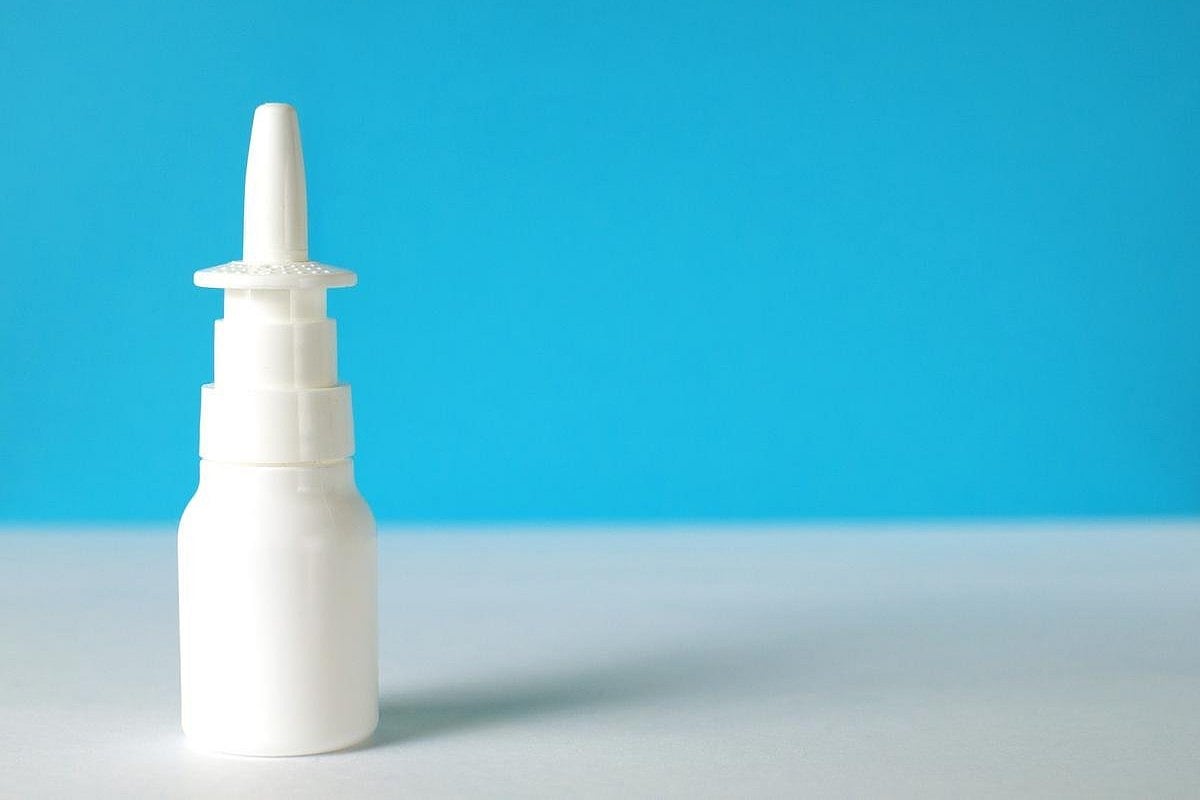Azelastine also shows increase in mean time to SARS-CoV-2 infection, reduction in symptomatic infections
By Elana Gotkine HealthDay Reporter
FRIDAY, Sept. 5, 2025 (HealthDay News) — Azelastine nasal spray is associated with a reduced risk for severe acute respiratory syndrome coronavirus 2 (SARS-CoV-2) infection, according to a study published online Sept. 2 in JAMA Internal Medicine.
Thorsten Lehr, Ph.D., from Saarland University in Saarbruecken, Germany, and colleagues conducted a phase 2 trial to examine the efficacy and safety of azelastine nasal spray for prevention of SARS-CoV-2 infections in healthy adults. Participants were randomly assigned to receive azelastine, 0.1 percent, nasal spray or placebo three times daily for 56 days (227 and 223 participants, respectively).
The researchers found that in the intention-to-treat population, the incidence of polymerase chain reaction (PCR)-confirmed SARS-CoV-2 infection was significantly lower in the azelastine group versus the placebo group (2.2 versus 6.7 percent; odds ratio, 0.31). Azelastine demonstrated an increase in mean time to SARS-CoV-2 infection among infected patients, a reduction of the overall number of PCR-confirmed symptomatic infections, and a lower incidence of PCR-confirmed rhinovirus infections. The groups had comparable adverse events.
“Azelastine nasal spray could provide an additional easily accessible prophylactic to complement existing protective measures, especially for vulnerable groups, during periods of high infection rates, or before travelling,” lead author Robert Bals, M.D., Ph.D., also from Saarland University, said in a statement.
Several authors disclosed ties to biopharmaceutical companies, including URSAPHARM Arzneimittel GmbH, which manufactures azelastine and funded the study.
Copyright © 2025 HealthDay. All rights reserved.








